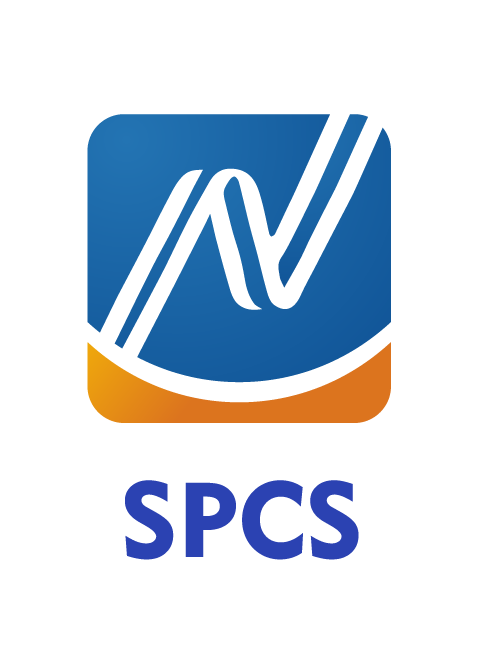

Prof. Haibin Zhu
Nipissing University, Canada
Title:
E-CARGO and Role-Based Collaboration
Abstract:
Role-Based Collaboration (RBC) is a computational methodology that uses roles as the primary underlying mechanism to facilitate collaboration activities. It consists of a set of concepts, principles, models, processes, and algorithms.
RBC and its Environments - Classes, Agents, Roles, Groups, and Objects (E-CARGO) model have been developed to a powerful tool for investigating collaboration and complex systems. Related research has brought and will bring in exciting improvements to the development, evaluation, and management of systems including collaboration, services, clouds, productions, and administration systems. RBC and E-CARGO grow gradually into a strong fundamental methodology and model for exploring solutions to problems of complex systems including Collective Intelligence, Sensor Networking, Scheduling, Smart Cities, Internet of Things, Cyber-Physical Systems, and Social Simulation Systems.
E-CARGO assists scientists and engineering to formalize abstract problems, which originally are taken as complex problems, and finally points out solutions to such problems including programming. The E-CARGO model possesses all the preferred properties of a computational model. It has been verified by formalizing and solving significant problems in collaboration and complex systems, e.g., Group Role Assignment (GRA). With the help of E-CARGO, the methodology of RBC can be applied to solve various real-world problems. E-CARGO itself can be extended to formalize abstract problems as innovative investigations in research. On the other hand, the details of each E-CARGO component are still open for renovations for specific fields to make the model easily applied. For example, in programming, we need to specify the primitive elements for each component of E-CARGO. When these primitive elements are well-specified, a new type of modelling/programming language can be developed and applied to solve general problems with software design and implementations.
In this keynote, we examine the requirement of research on collaboration systems and technologies, discuss RBC and its model E-CARGO; review the related research achievements on RBC and E-CARGO in the past years; discuss those problems that have not yet been solved satisfactorily; present the fundamental methods to conduct research related to RBC and E-CRAGO and discover related problems; and analyze their connections with other cutting-edge fields. This keynote aims at informing that E-CARGO is a well-developed model and has been investigated and applied in many ways. The speaker welcomes queries, reviews, studies, applications, and criticisms.
As case studies of E-CARGO, GRA and its related problem models are inspired by delving into the details of the E-CARGO components and the RBC process. GRA can help solve related collaboration problems with the help of programming and optimization platforms. All the related Java codes can be downloaded by GitHub: https://github.com/haibinnipissing/E-CARGO-Codes. The speaker welcomes interested researchers and practitioners to use these codes in their research and practice and contact the speaker if there are any questions about them.
Keywords: Collaboration, Methodology, Model, E-CARGO, Role-Based Collaboration, Object, Agent, Role.
Biography:
Dr. Haibin Zhu is a Full Professor and the Coordinator of the Computer Science Program, the Founding Director of the Collaborative Systems Laboratory, a member of the University Budget Plan committee, Arts and Science Executive Committee, Nipissing University, Canada. He is also an affiliate professor of Concordia Univ. and an adjunct professor of Laurentian Univ., Canada. He received a B.S. degree in computer engineering from the Institute of Engineering and Technology, China (1983), and M.S. (1988) and Ph.D. (1997) degrees in computer science from the National Univ. of Defense Technology (NUDT), China. He was the chair of the Department of Computer Science and Mathematics, Nipissing University, Canada (2019-2021), a visiting professor and a special lecturer in the College of Computing Sciences, New Jersey Institute of Technology, USA (1999-2002) and a lecturer, an associate professor and a full professor at NUDT (1988-2000). He has accomplished (published or in press) over 200 research works including 30+ IEEE Transactions articles, six books, five book chapters, four journal issues, and four conference proceedings. He is a fellow of ICIC (Institute of Cognitive Informatics and Cognitive Computing), a senior member of ACM, a senior member of IEEE, a full member of Sigma Xi, and a life member of CAST-USA (Chinese Association of Science and Technology, USA).